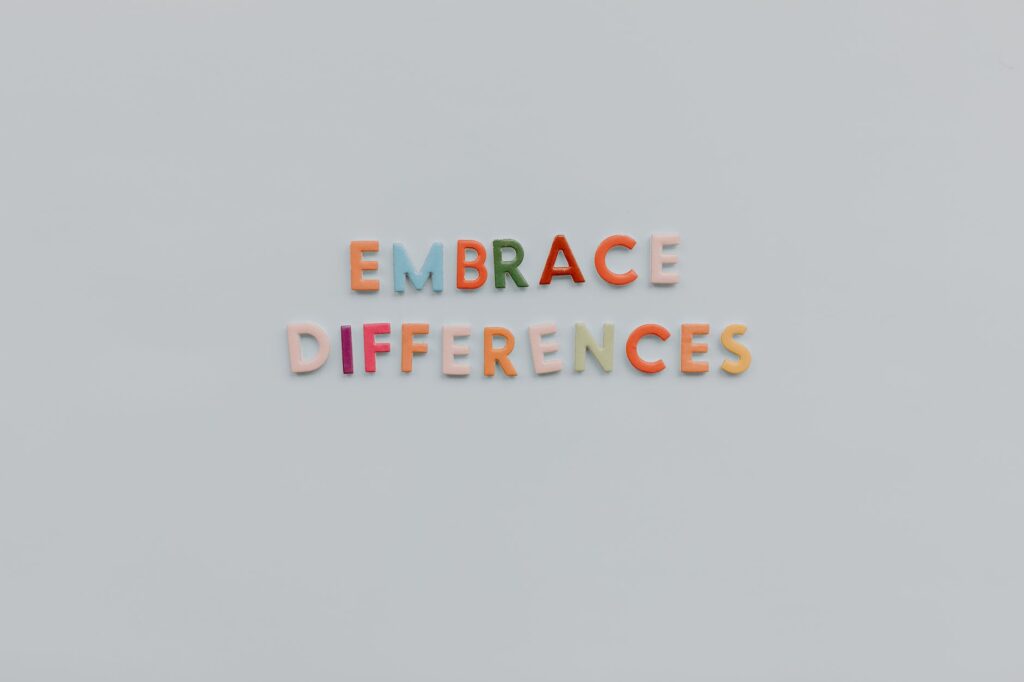
Introduction
Autism spectrum disorder (ASD) is a complex developmental disorder that affects the way a person communicates with, and relates to, other people. There is no cure for autism, but there are effective treatments available.
What is Autism Spectrum Disorder?
Autism spectrum disorder (ASD) is a group of developmental disorders that affect communication, social interaction, and behavior. Say’s Dr. Michael Hilton, these disorders are characterized by:
- Impairment in social interaction
- Impressionable behaviors or interests that are repetitive and inflexible
- Stereotyped or repetitive motor movements, use of language or speech patterns
Who is affected by ASD?
Autism spectrum disorder (ASD) is a lifelong condition that affects a person’s ability to communicate and interact with others. It can cause problems with social skills, behavior, and learning.
There are many types of ASD, including:
- Autism
- Asperger syndrome
- Pervasive developmental disorder not otherwise specified (PDD-NOS)
How do we know if someone has ASDs?
There are several ways to determine if you or someone you know has autism spectrum disorder.
- Look for symptoms in children. Autism spectrum disorder can be diagnosed by the time a child is three years old, but it’s best to start looking at least by age two. If your child shows signs of ASD, talk with your doctor about getting them tested for the condition.
- Look for symptoms in adults. It’s often much harder for parents and other adults who knew someone as a child to recognize that person’s need for help as an adult because they don’t see them on a daily basis anymore–and it can also be hard for people who weren’t close friends with someone when they were young (like classmates) to notice anything wrong with them now that they’re older–but if something seems off about how someone acts or communicates with others, then it might be worth talking with them about what might be going on inside their head before dismissing their behavior as just being different from yours and everyone else’s! You might want some tips on how best approach these conversations so they go well without causing offense or making things worse…
Is there a cure for autism?
There is no cure for autism. However, the condition is manageable and many people with autism can learn to communicate and interact with others. Some people with autism can live independently in adulthood, while others need support throughout their lives.
Autism spectrum disorder is common, but it’s nothing to be ashamed of.
Autism spectrum disorder is a neurodevelopmental disorder that affects communication, social interaction and behavior. It’s not caused by bad parenting or other environmental factors; it’s simply a part of who you are.
It can be hard to feel proud of your ASD because there are so many misconceptions about it out there in the world, but we want you to know that if you have ASD then that makes you special! There’s no need for shame or guilt because there’s nothing wrong with being different – just look at how much more interesting life would be if everyone was exactly the same!
Conclusion
As we’ve seen, autism spectrum disorder is a complex condition that affects thousands of people. It’s also one that can be difficult to understand if you don’t have experience with it. But the more we talk about it and spread awareness, the closer we’ll come to understanding how best to help those who need support.